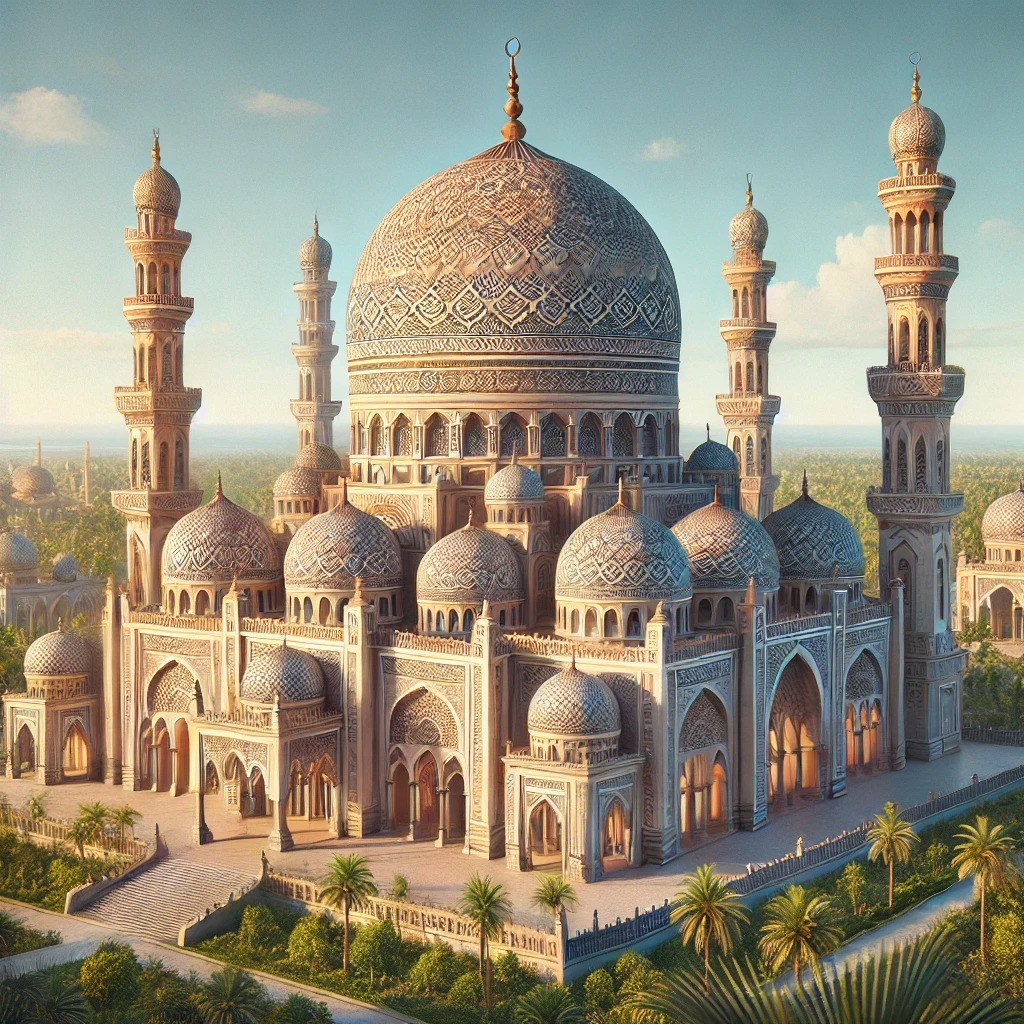


Masjid Ahle Hadees stands as a modest yet significant center of Salafi worship in the heart of Bareilly's Civil Lines, embodying the Ahle Hadith tradition's emphasis on direct adherence to the Quran and authentic Hadith. Tucked within the colonial-era neighborhood, it serves as a serene hub for daily prayers, Jumu'ah congregations, and community education, reflecting the enduring legacy of reformist Islam in northern India.
Nestled in the verdant expanse of Civil Lines—a district originally developed by the British in the 19th century as an administrative enclave—Masjid Ahle Hadees emerges as a quiet testament to the evolution of Islamic reform movements in Uttar Pradesh. Bareilly, long recognized as a cradle of Islamic scholarship since the Mughal era, has hosted diverse theological strands, from the Sufi-infused Barelvi traditions to the more scripturalist Ahle Hadith. This mosque, aligned with the latter, represents a deliberate architectural and spiritual choice: simplicity over ornamentation, mirroring the movement's core tenet of emulating the unadorned piety of the Prophet Muhammad (PBUH) and his companions. The Ahle Hadith movement, which traces its formal organization in India to the Markazi Jamiat Ahle Hadeeth founded in December 1906, sought to purify Islamic practice by returning to primary sources—the Quran and verified Hadith collections—eschewing later interpretive accretions or sectarian rituals. In Bareilly, a city that witnessed the rise of competing schools like the Barelvi movement in the late 19th century, Masjid Ahle Hadees likely took shape in the latter half of the 20th century amid post-independence efforts to establish dedicated spaces for this growing community. Though precise construction records remain elusive in public archives, its modest concrete structure, featuring a single dome and minaret, aligns with the post-1950s building boom in urban India, when local congregations formalized worship sites amid rapid urbanization. Architecturally restrained, the mosque's facade avoids the intricate jaali work or calligraphic flourishes common in older Indo-Islamic edifices like Bareilly's 17th-century Mughal-era mosques. Instead, its clean lines and functional prayer hall—capable of accommodating hundreds—prioritize communal focus during salah. The mihrab, oriented precisely toward the Kaaba, is marked by subtle geometric motifs drawn from Hadith-inspired designs, underscoring the mosque's doctrinal purity. Flanking the entrance, ablution areas and a small library stocked with core texts like Sahih al-Bukhari and Sahih Muslim facilitate wudu and informal talim sessions, fostering a space for both ritual and rigorous study. Historically, the mosque's location in Civil Lines places it at the intersection of Bareilly's layered past: the area's bungalows and tree-lined avenues evoke the British cantonment established after the 1857 Revolt, when the city was reorganized under colonial oversight. Yet, Masjid Ahle Hadees quietly asserts indigenous resilience, serving a diverse congregation that includes descendants of Rohilla Pathans who shaped Bareilly's 18th-century Muslim polity. Over decades, it has hosted khutbahs emphasizing tawhid (monotheism) and sadaqah, contributing to the Ahle Hadith's subtle influence in Rohilkhand—a region where Islamic discourse has long balanced mysticism and literalism. Today, as Bareilly navigates modernity as a smart city hub, the mosque endures as a vital node in India's mosaic of historical Islamic sites. Its unassuming presence invites reflection on continuity: in a landscape dotted with grand dargahs and ancient qilas, Masjid Ahle Hadees reminds visitors that true historical depth lies not in grandeur, but in unwavering fidelity to foundational faith. For scholars and pilgrims alike, it offers a poignant chapter in Uttar Pradesh's rich tapestry of mosques that have quietly shaped the subcontinent's spiritual narrative.
Year of Built: Not Available
Address: Cantt, Sadar Bazar, Civil Lines, Bareilly, Uttar Pradesh 243001
Country: India
State: Uttar Pradesh
District: Bareilly
Pincode: 243001
Longitude: 79.4304° E
Latitude: 28.3670° N